Zinc
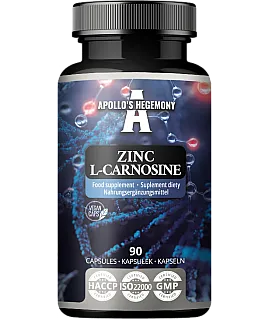
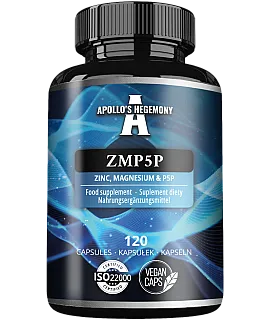
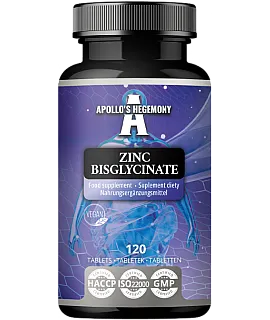
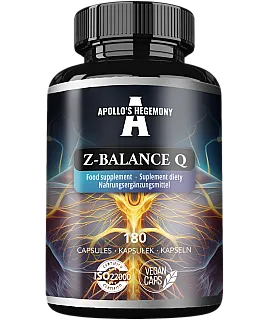
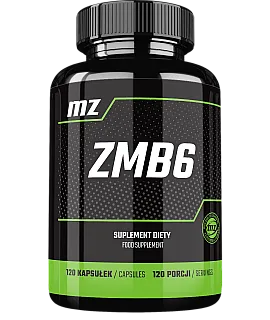
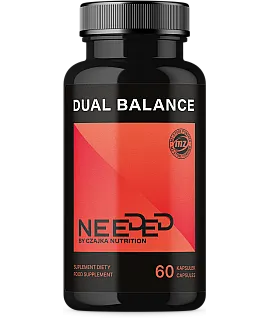
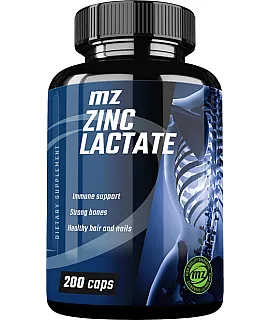
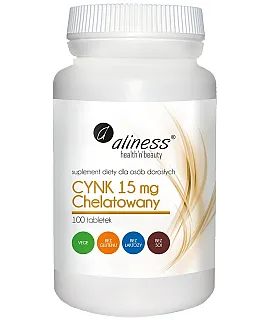
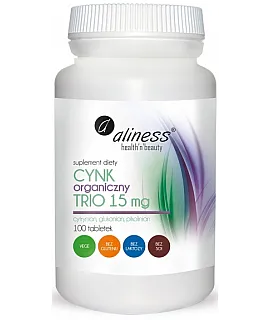
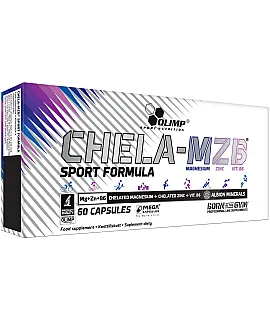
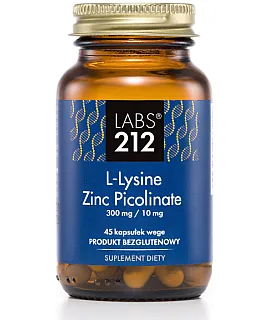
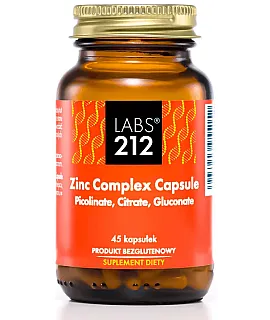
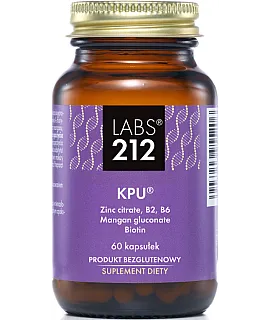
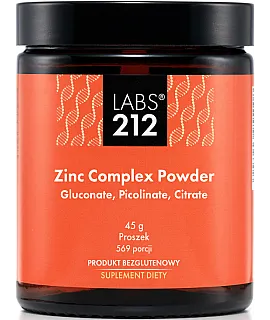
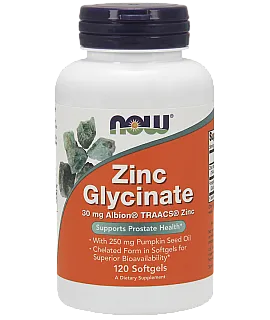
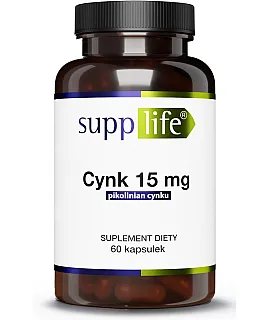
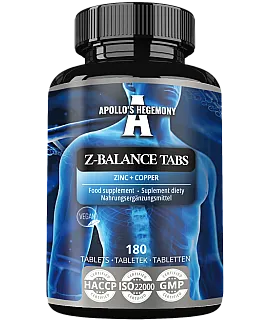
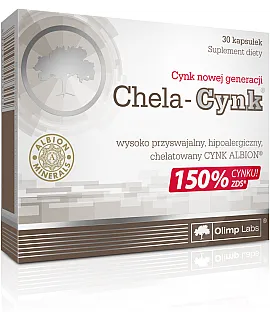
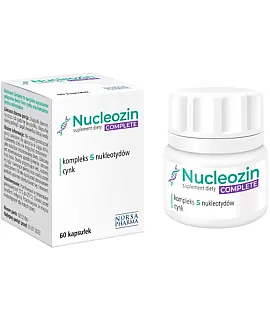
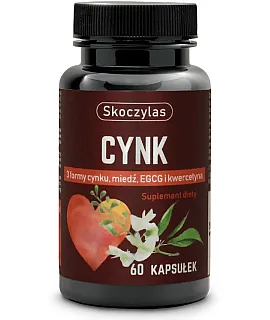
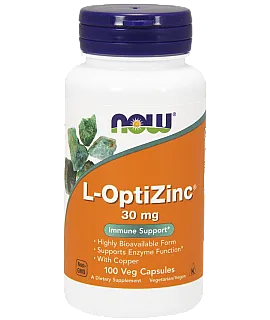
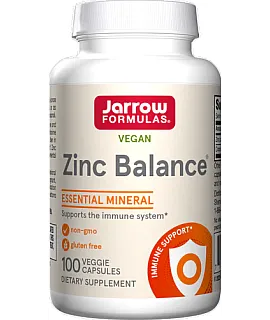
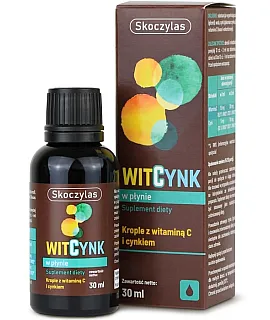
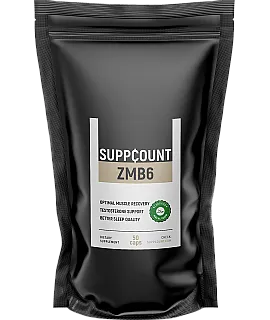
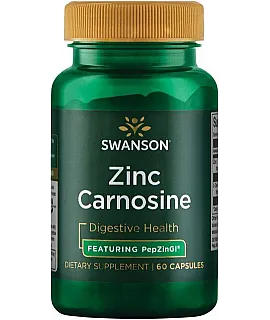
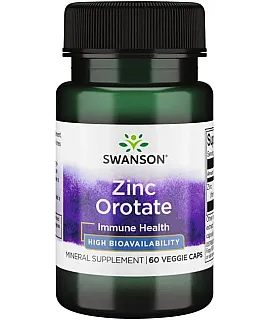
Zinc is an essential micronutrient that plays a key role in the proper functioning of the body. Dietary supplement in the form of tablets containing organic zinc is an ideal choice for people who want to supplement the deficiency of this element. Zinc tablets are characterized by high bioavailability, which makes them an effective way to improve zinc levels in the body.Read more
Why should you reach for a zinc supplement?
Zinc is essential for the proper functioning of many basic life processes. It helps maintain healthy bones, hair, nails and skin. It also supports the work of the immune system, which is especially important during periods of increased morbidity. Zinc deficiency can lead to weakened immunity, skin problems, taste and smell disorders and slowed wound healing.
Dietary supplements containing organic zinc are easily absorbed by the body, which increases their effectiveness. Zinc in the form of zinc chelate, or forms such as zinc citrate or zinc picolinate, has a high bioavailability. This means that it is efficiently absorbed and utilized by the body.
Individuals who may be particularly susceptible to zinc deficiency include pregnant women, vegetarians and those on diets low in the element. Zinc supplementation can help maintain optimal levels of this micronutrient in the body.
What are the best sources of zinc?
Zinc can be found in a variety of foods, such as oysters, red meat, poultry, beans, nuts and seeds. However, if you are deficient in this element, simply eating zinc-rich foods may not be enough. That's when it's a good idea to reach for organic zinc supplements to ensure the right amount of this micronutrient.
The best sources of zinc in the form of supplements are those that contain easily absorbed forms of this element. Zinc citrate, zinc picolinate or zinc gluconate are organic compounds that have high bioavailability. As a result, zinc is efficiently absorbed by the body and can effectively supplement deficiencies.
It is worth noting the dosage of zinc in supplements. The recommended daily dose for adults is 8 to 11 mg. However, in case of deficiency, the doctor may recommend higher doses. It is important not to exceed the recommended amount, as excess zinc can also lead to side effects.
How to choose the right zinc supplement?
When choosing a zinc supplement, it is worth paying attention to several important factors. First of all, make sure the supplement contains an easily absorbed form of zinc. In addition, it's a good idea to check the dosage and adjust it to individual needs.
It is also important to choose zinc supplements from reputable manufacturers that care about the quality and purity of their products. It is worth reading the opinions of experts who can recommend the best preparations with this micronutrient.
People with certain medical conditions, such as diabetes, kidney disease or malabsorption, should consult a doctor before starting zinc supplementation. Some medications can interact with zinc, so it is important to inform your doctor about any preparations you are taking.
What are the effects of zinc deficiency?
Zinc deficiency can lead to various negative health consequences. One of the most common symptoms is a weakened immune system, which increases susceptibility to infections. Deficiency of this element can also cause skin problems, such as psoriasis-like lesions or slowed wound healing.
Other effects of zinc deficiency include taste and smell disorders, memory and concentration problems, and slowed growth in children. In men, zinc deficiency can lead to lower testosterone levels and impaired fertility.
Long-term zinc deficiency can have serious health consequences, such as anemia and hormonal disorders. Therefore, it is important to ensure an adequate supply of this micronutrient in the diet or through supplementation.
Key information on Zinc
- Zinc is essential for the proper functioning of the body, supports the immune system, and helps maintain healthy bones, hair, nails and skin.
- Supplements with organic zinc, such as zinc citrate or zinc picolinate, have high bioavailability.
- Zinc deficiency can lead to weakened immunity, skin problems, taste and smell disorders and slowed wound healing.
- The best sources of zinc are oysters, red meat, poultry, beans, nuts and seeds, as well as easily absorbed forms of supplements.
- When choosing a zinc supplement, pay attention to the form of the element, the dosage and the manufacturer's reputation. If in doubt, consult your doctor.